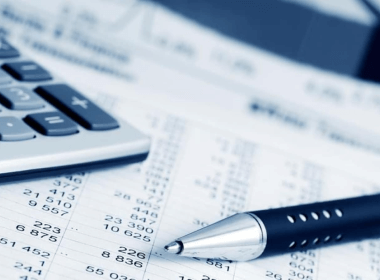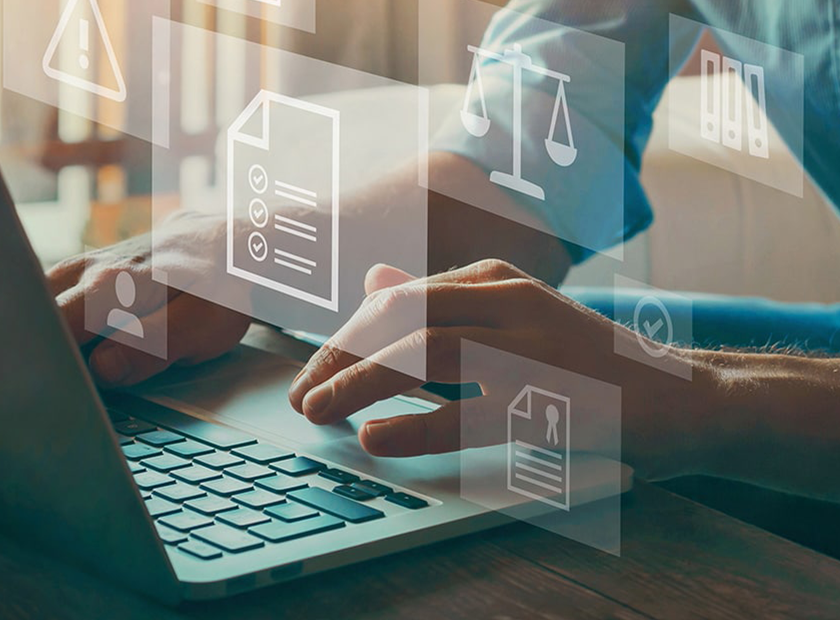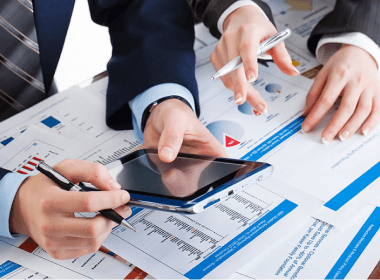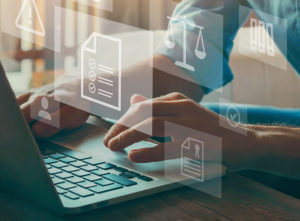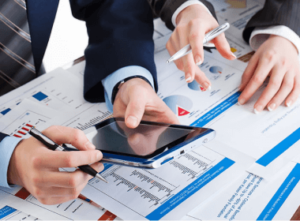As the impact of COVID-19 continues to be felt across our personal and professional lives, we continue to work hard to support our clients during these unprecedented times and provide timely and relevant updates.
On December 27, 2020, the president signed the Consolidated Appropriations Act of 2021 (referred to as the “COVID-19 Relief Bill”). This is the latest round of stimulus legislation and is quite possibly the largest piece of legislation ever passed, totaling over 5,000 pages. While there are many key provisions under this omnibus legislation that are designed to provide much-needed relief to small businesses, many of them are in fact legislative efforts to revamp the Paycheck Protection Program (“PPP”). The COVID-19 Relief Bill provides $284 billion to the U.S. Small Business Administration (“SBA”) for both first- and second-draw PPP forgivable small business loans. In addition to PPP funding, it also allocates $20 billion to provide additional Economic Injury Disaster Loan (“EIDL”) grants to businesses in low-income communities.
On January 6, 2021, the SBA issued two interim final rules providing some initial guidance on the PPP-related changes introduced by the COVID-19 Relief Bill. Although it will take considerable time to sort through the legislation’s provisions and relief measures, we are sending you this communication to provide you with some key highlights of the significant PPP-related provisions that may be of interest to you:
Clarifies That Business Expenses Paid with Forgiven PPP Loans Are Tax-Deductible for Federal Tax Purposes
- The COVID-19 Relief Bill resolves the tax-deductibility issue for federal income tax returns as it brings them in line with Congress’s intent when it created the original PPP as part of the $2 trillion Coronavirus Aid, Relief, and Economic Security Act (“CARES Act”). This provision is significant as it supersedes the November 2020 IRS guidance in Revenue Ruling 2020-27, in which the IRS concluded that the expenses paid with PPP loan proceeds are not deductible on a federal income tax return if the loan was forgiven or if at the end of the tax year the taxpayer had a reasonable expectation that the loan would be forgiven. However, while this provision is good news overall, not all states have conformed to the tax-deductible treatment for expenses paid with forgiven PPP loans. Therefore, in states that have not conformed to this federal law, taxpayers will need to reduce their deductions on those state returns.
Provides a New Round of Funding for First-Time PPP Borrowers
- Eligible small businesses who were not able to receive a PPP loan in the first round of funding before that program expired on August 8, 2020, will again have an opportunity to apply for a PPP loan. PPP loans for new applicants are expected to be subject to many of the program rules that were in place in the two initial rounds of funding. Subject to availability of funds, PPP loans will be available through March 31, 2021.
Creates a Second-Draw Option on PPP Loans for Eligible Small Businesses
- Small businesses that previously received a PPP loan may be eligible for a second-draw PPP loan if the business used all of its first-round PPP funds. Second-draw PPP loans cannot exceed $2,000,000 and are limited to small businesses with 300 or fewer employees and that can demonstrate a loss of 25% of gross receipts in any quarter during 2020 when compared to the same 2019 quarter.
Expands What Is Considered Eligible and Forgivable Expenses
- In addition to payroll, rent, utilities, and interest on mortgages that are permitted expenses under the CARES Act, the COVID-19 Relief Bill allows for small businesses to use PPP proceeds for additional expenses such as personal protective equipment for employees; costs associated with outdoor dining; supplier costs; costs associated with software and cloud computing; other human resources and accounting needs; and property damage costs due to public disturbances that occurred during 2020 that are not covered by insurance.
Provides Greater Flexibility with the Loan Forgiveness Covered Period
- The COVID-19 Relief Bill changed the loan forgiveness covered period from either an 8- or 24-week period to a covered period between 8 and 24 weeks at the election of the PPP borrower.
Creates a Simplified Forgiveness Process for PPP Loans Under $150,000
- Under the terms of the COVID-19 Relief Bill, the SBA is to create a simplified application form within 24 days of the bill’s enactment date.
Permits PPP Borrowers to Claim the Employee Retention Credit
- Under the CARES Act, a business that took a PPP loan did NOT qualify for the Employee Retention Credit, which was a refundable payroll tax credit for 50% of wages paid by eligible employers to certain employees during the COVID-19 crisis. Under the COVID-19 Relief Bill, PPP loan recipients will now be allowed to claim the Employee Retention Credit.
Repeals the Provision Under the CARES Act That Reduced PPP Forgiveness by the Amount of Any EIDL Advances
The Paycheck Protection Program has already gone through several significant updates and changes since its inception in March 2020. From a small business perspective, the COVID-19 Relief Bill provides increased PPP funding and eligibility to small businesses hit hard by the impacts of COVID-19. However, with the increased funding and eligibility comes added complexity, as many of the new PPP provisions are nuanced and contain exceptions or modifications applicable only to certain businesses. As such, the SBA will need to issue new forms, as well as provide further guidance and clarification on many aspects of the above referenced PPP-related provisions contained in this relief bill.
It is important to note as well that the COVID-19 Relief Bill also contains a multitude of tax provisions designed to provide added relief to small businesses that are beyond the scope of this communication. Given the legislative guidance currently available as of the date of this communication there may be limitations associated with the availability of certain economic and tax relief provisions to your business.
Take Action Now!
The economic and tax relief provisions of the COVID-19 Relief Bill are complex and need to be applied to specific factual situations. We strongly encourage you to take immediate action to review your business situation and financing needs carefully as some of the options available to your company are time sensitive.
We recognize that these are difficult times and remain committed to supporting you. If you would like our assistance with evaluating certain tax and/or economic relief measures under the COVID-19 Relief Bill, please contact us.
Regards,
Leonard J. Miller & Associates, Chartered
425 Saint Paul Place, Baltimore, MD 21202
Telephone: 410-539-4600
